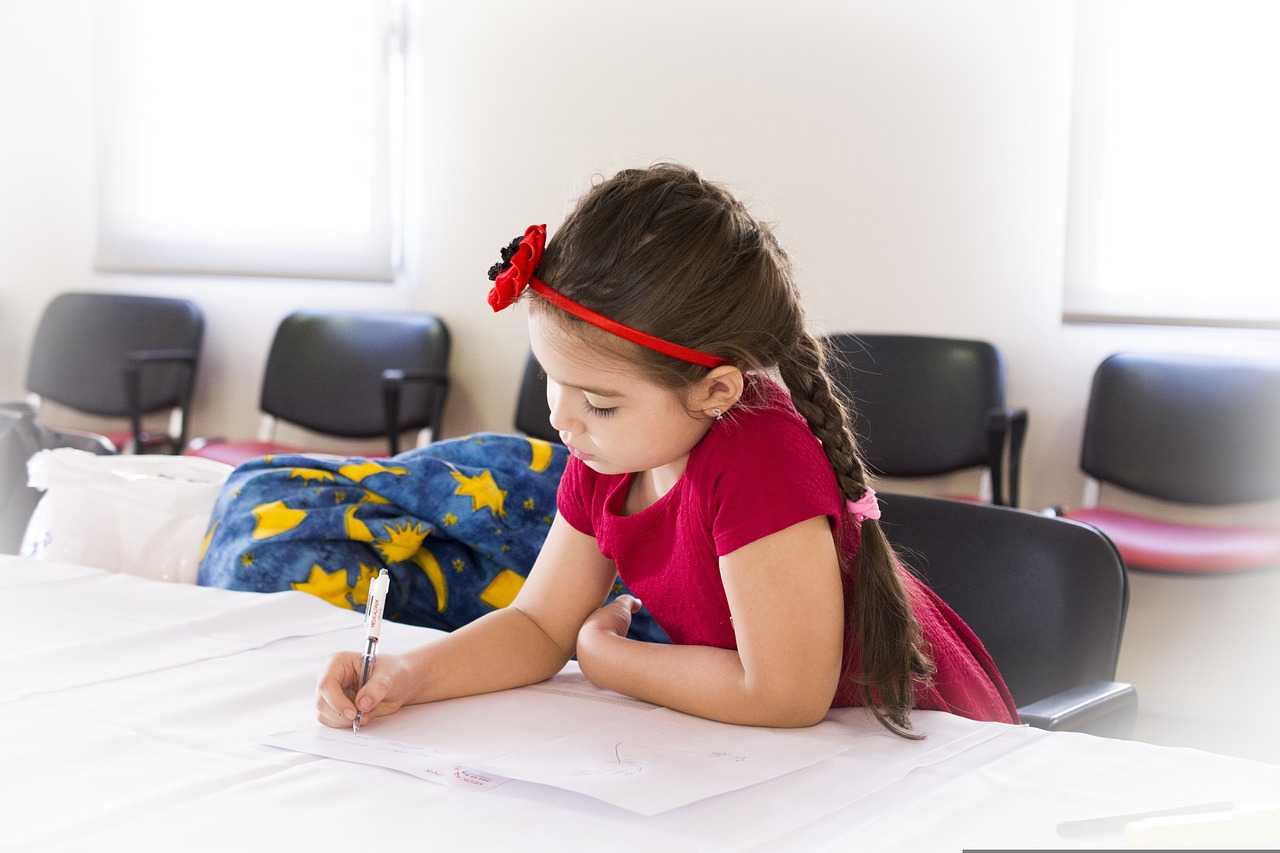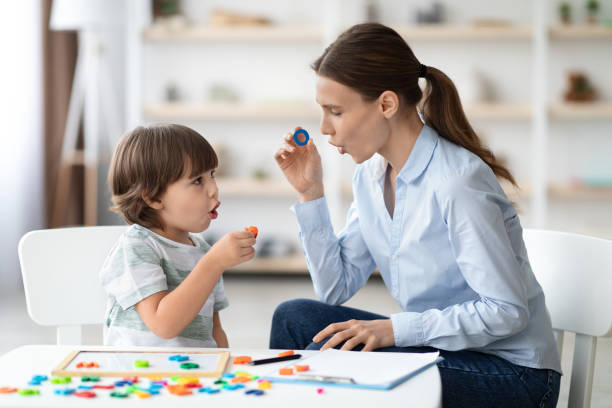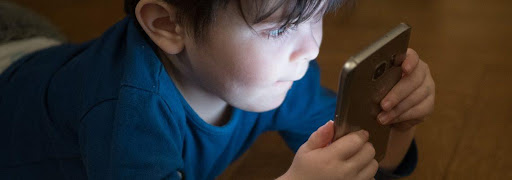Newsletter
Subscribe to stay updated on our latest news, upcoming workshops, training and special offers

Occupational therapy is a profession that works with people, children and adults, to help them improve their quality of life by developing skills to deal with everyday tasks. It involves helping people with physical or mental impairments or disabilities to do the things they want to do, under the guidance of a qualified occupational therapist. It supports individuals in carrying out their everyday activities, including social interactions, personal care and/or academic responsibilities. Children are afforded an opportunity to reach their full potential via occupational therapy, which adopts a "whole-person approach" to both mental and physical welfare.

Occupational therapy can help children with learning difficulties, such as dyslexia, poor organization and planning skills, social difficulties and attention deficit hyperactivity disorder (ADHD). Children who are deaf or hard of hearing may also benefit from occupational therapy. The treatment can make a significant difference in a child's life by reinforcing independence and self-confidence.
Which children can pediatric occupational therapists help?
Pediatric occupational therapists help children with a variety of disabilities, including:
Physical disabilities: These include cerebral palsy, muscular dystrophy and spina bifida. They also help children with other conditions that affect movement such as arthritis and multiple sclerosis.
Developmental disabilities: These include Down syndrome and autism spectrum disorder (ASD). Children with developmental disabilities may have difficulty following directions, understanding language or expressing themselves verbally. Occupational therapists can help them develop the skills they need to function independently in their daily lives.
Emotional or behavioural disorders: These include attention deficit hyperactivity disorder (ADHD), anxiety disorders such as post-traumatic stress disorder (PTSD) and bipolar disorder. They also help children who have been diagnosed with cancer or other terminal illness copes with their diagnosis and treatment side effects.
What do occupational therapists do?
Pediatric occupational therapists help children with a variety of developmental, physical and mental health issues. They work with children of all ages and abilities to help them develop skills in areas such as communication, self-help, gross motor skills and fine motor skills. Goals are set for the child based on the assessment and are accomplished through regular intervention sessions. Early intervention is key and it’s critical to begin treatment as soon as your child experiences difficulty in any of the following:
Fine Motor Skills
The capacity to move by using the little muscles in our hands and wrists is known as fine motor abilities. Every aspect from playing to self-care to handling daily tasks requires the development of motor skills. The development of fine motor skills is also necessary for holding a pencil and writing. Fine motor abilities are essential for both physical and mental development.

Gross Motor Skills
Gross motor skills are those abilities that allow you to move your arms, legs, and chest in a practical way. The major muscles of the body that allow for movements like walking, hopping, punching, sitting up straight, pulling, and playing are a part of gross motor abilities. Early intervention is crucial since a child's gross motor development may affect their later cognitive and motor abilities.
Oral Motor Skills
Movement of the facial muscles such as the jaw, mouth, and lips is referred to as oral-motor abilities. This covers motion, pace, timing, dissociation, muscular tone, and strength. Children may struggle with sucking, eating, crunching, licking, and swallowing. They are also crucial for facial expression and vocal articulation as well.
Sensory Processing
Sensory Processing is the process through which the brain receives, analyzes, and reacts to sensory input so that it may function in a meaningful and systematic manner. It is crucial to understand that the sensory system is made up of seven senses, including the auditory, visual, vestibular, olfactory, and others. They process information and serve as the foundation for a variety of other abilities.
Visual Processing
Our brain employs visual processing abilities to interpret what we observe in the environment around us. To read and write, one must be able to differentiate between various letters and words, which require the capacity to detect similarities and differences between objects and pictures based on shape and size.

Developmental Delay
A kid is said to have a developmental delay if, in comparison to other children of the same age, they have not acquired the developmental abilities expected of them. There might be delays in the fields of social skills, play, speech and language, cognitive development, and motor function. In some circumstances, symptoms may appear in infancy, but in other situations, they might not become apparent until your child is old enough to attend school.
At Hopscotch Child Therapy
From consultation, screening, and diagnosis to treatment, management, and counseling for children, our qualified and trained pediatric occupational therapists can help answer all your questions. Our therapists will not only work with your child but will also support you at every step of your journey with us. Our therapists are experts in:
Autism Spectrum Disorders
ADHD
Down’s syndrome
Cerebral Palsy
Delayed development
Sensory Integration therapy
ADL Training
Handwriting skills Training
Learn new strategies that you can apply at home to help your little ones succeed. Become an expert in helping your child achieve their developmental milestones.
Useful links:
https://www.sundogtherapy.com/occupational-therapy/
September 20, 2022

August 24, 2022

September 30, 2020
.jpg)
August 9, 2022